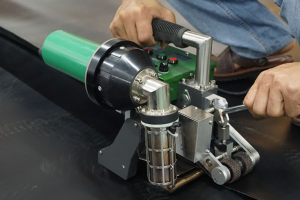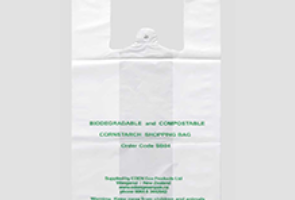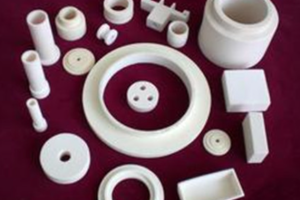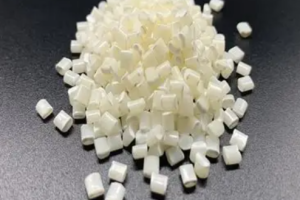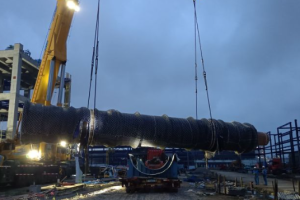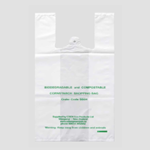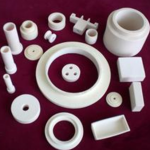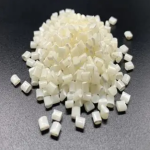July 20, 2025 –
Automotive Industry Embraces Advanced Plastic Welding for Lightweight Vehicle Production
The global automotive sector is undergoing a manufacturing transformation as plastic welding technologies become increasingly vital for modern vehicle assembly. With lightweighting strategies taking center stage, these specialized joining methods are redefining production economics across the industry.

Three primary welding techniques dominate current applications:
• High-precision laser welding for premium components
• Ultrasonic systems for rapid bonding
• Thermal plate methods for large surface areas
Cost analysis reveals a complex financial picture:
→ Initial equipment investments ranging to millions for imported systems
→ Material price variations up to 500% between polymer types
→ Energy consumption accounting for 15-20% of operational costs
→ Skilled technician salaries 30-40% above production line averages
Quality assurance protocols demand meticulous attention:
✓ Surface preparation requiring nanometer-level cleanliness
✓ Real-time thermal monitoring during joining processes
✓ Post-weld strength testing under simulated conditions
✓ Visual inspection for cosmetic perfection
“Plastic welding isn’t just replacing metal fasteners—it’s enabling entirely new design paradigms,” noted Dr. Michael Chen, automotive engineer at the Center for Lightweight Technologies. “The structural and aerodynamic benefits outweigh the initial capital expenditures, especially as domestic equipment improves.”
Industry projections indicate:
• 20-30% cost reduction within three years
• Expanded adoption in electric vehicle battery housings
• Growing demand for multi-material joining solutions
• Increased automation to enhance consistency
As manufacturers balance performance requirements with sustainability goals, plastic welding is poised to become the standard for next-generation vehicle construction, with potential applications extending to aerospace and consumer electronics sectors.

